Word Doc
advertisement
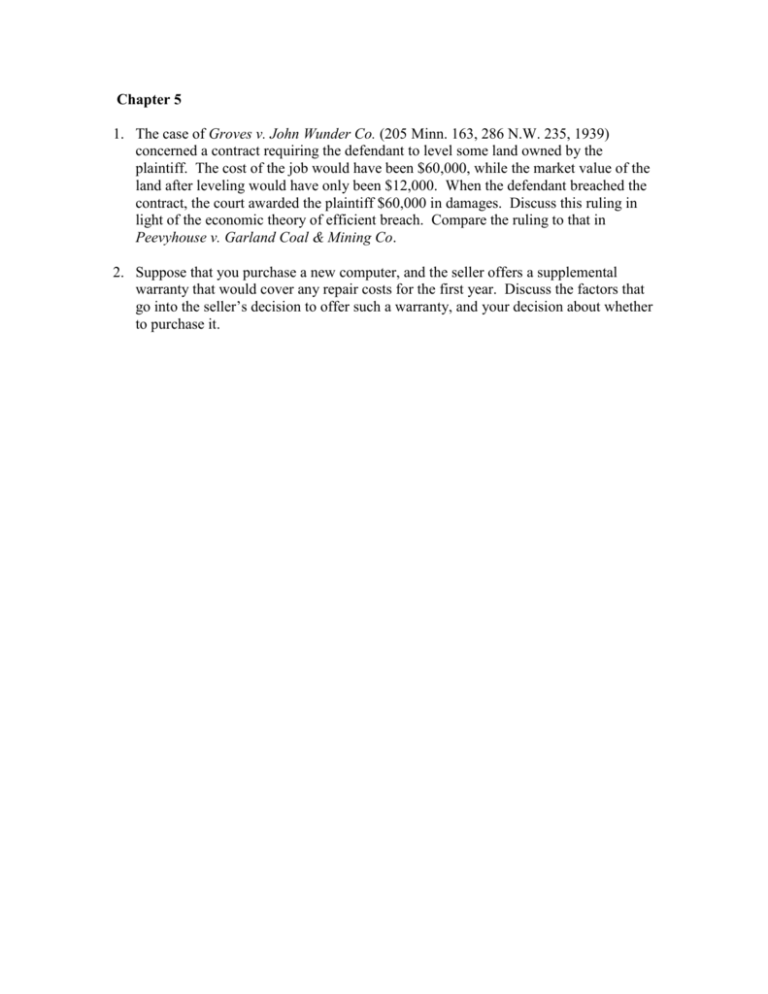
Chapter 5 1. The case of Groves v. John Wunder Co. (205 Minn. 163, 286 N.W. 235, 1939) concerned a contract requiring the defendant to level some land owned by the plaintiff. The cost of the job would have been $60,000, while the market value of the land after leveling would have only been $12,000. When the defendant breached the contract, the court awarded the plaintiff $60,000 in damages. Discuss this ruling in light of the economic theory of efficient breach. Compare the ruling to that in Peevyhouse v. Garland Coal & Mining Co. 2. Suppose that you purchase a new computer, and the seller offers a supplemental warranty that would cover any repair costs for the first year. Discuss the factors that go into the seller’s decision to offer such a warranty, and your decision about whether to purchase it.
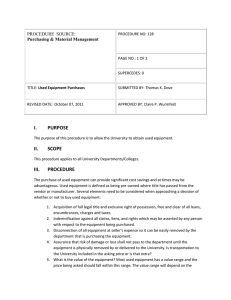
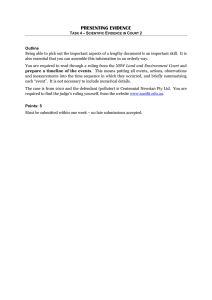
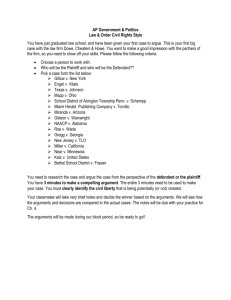



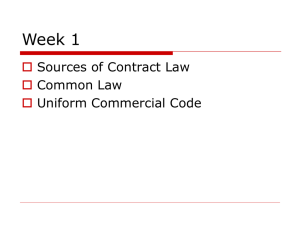
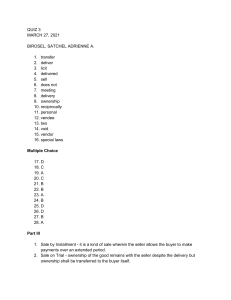
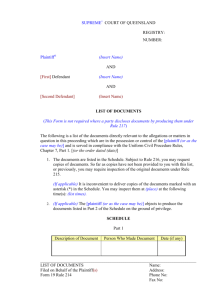

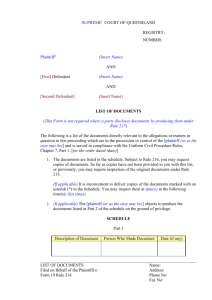
![[2015] IECLA 4 - Flogas Ireland Ltd. v Langan Fuels Ltd](http://s3.studylib.net/store/data/007455232_1-06390b3b22fbc86e0883c510933e8a58-300x300.png)